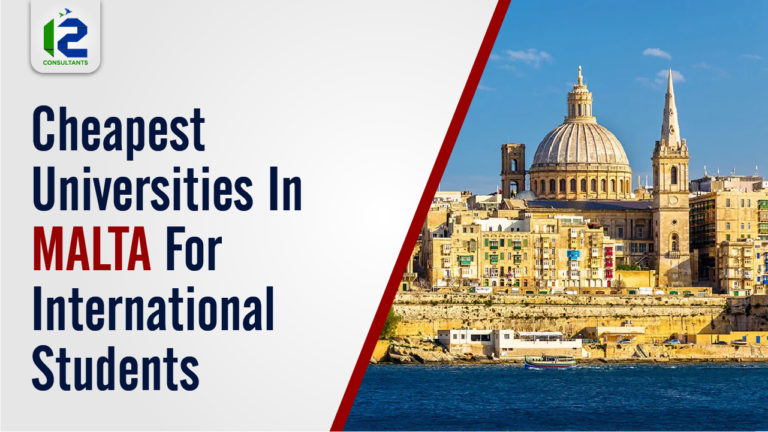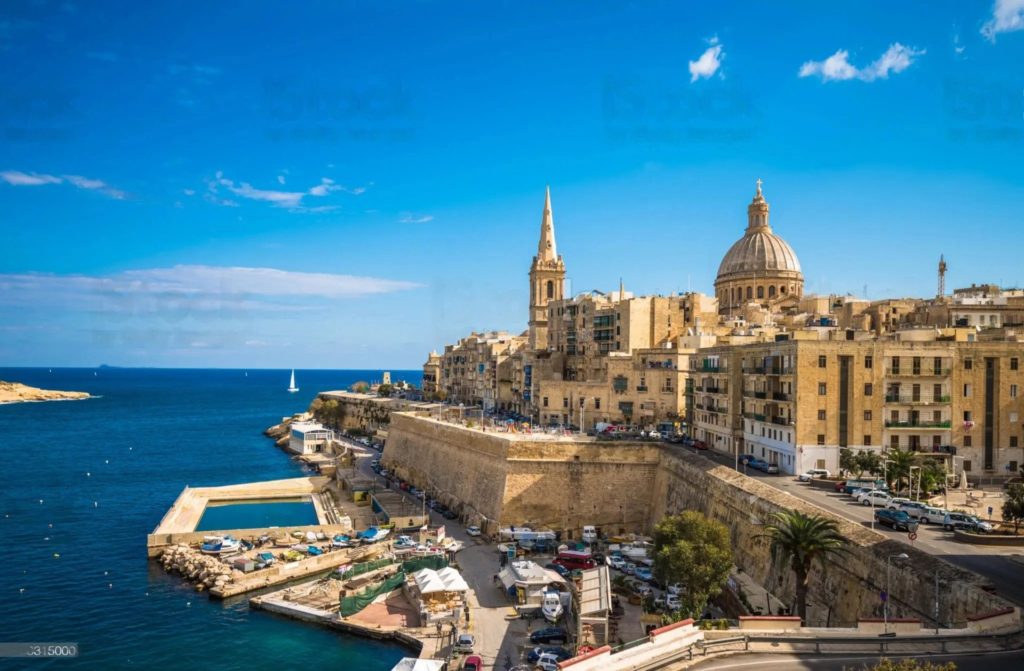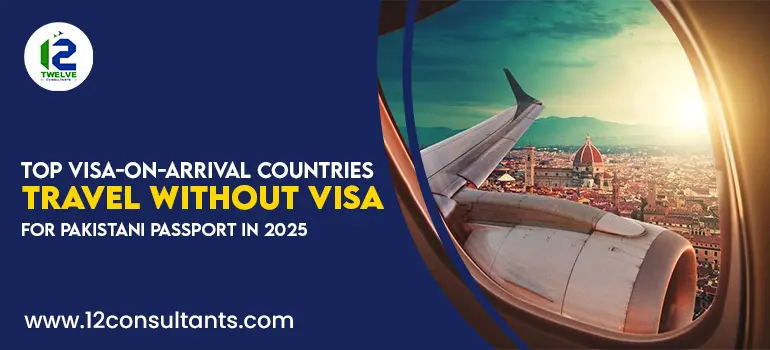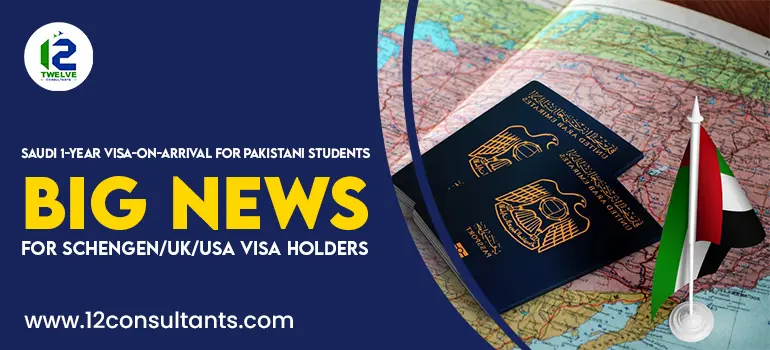

Cheap Universities in Malta for International Students
Embarking on a journey of higher education often comes with its fair share of financial worries, especially for international students seeking quality education away from home. In the heart of the mesmerizing Mediterranean lies Malta, a small but vibrant island nation with a growing reputation for offering excellent academic programs to students from around the world. Despite its stunning landscapes and historical charm, Malta is also gaining popularity as an affordable destination for higher education. In this blog post, we will delve into the hidden gems of Malta’s educational landscape, uncovering the budget-friendly universities that warmly welcome and nurture international minds without burning a hole in their pockets.
How Malta is a Cheap Country for International Students ?
Malta, the picturesque Mediterranean gem, stands out not only for its breathtaking beauty but also as an unexpectedly affordable option for international students seeking higher education. Several factors contribute to Malta’s reputation as a cheap country for international students:
-
Tuition Fees: Compared to many other European countries, Malta’s tuition fees are relatively lower. Public universities offer cost-effective education without compromising on quality, making it an attractive choice for budget-conscious students.
-
Living Costs: Living expenses in Malta are generally lower than in many Western European countries. From accommodation to food and transportation, students can find affordable options without sacrificing comfort and safety.
-
Scholarship Opportunities: Malta actively encourages international students by offering various scholarship programs. These financial aids help ease the financial burden and support deserving students in pursuing their academic aspirations.
-
Part-Time Work: International students in Malta are allowed to work part-time during their studies. This provision enables them to earn extra income, covering some of their living expenses while gaining valuable work experience.
-
Compact Size and Public Transport: Malta’s small size means that students can easily explore the island without incurring significant travel costs. The efficient public transport system further contributes to cost savings.
-
Cultural Richness: Malta’s cultural richness offers numerous low-cost or free entertainment options for students. From historic sites and museums to stunning beaches and local festivals, there’s no shortage of affordable activities to enjoy.
-
Warm and Welcoming Community: The friendly locals and the strong sense of community in Malta make it a comfortable and inviting place for international students to call their second home.


Top 10 Cheap Universities in Malta for International Students
-
University of Malta (UM): Established in 1769, UM is the oldest and largest university in Malta. It offers a diverse range of undergraduate and postgraduate programs across various fields, including arts, sciences, engineering, and business. With its affordable tuition fees and scholarships, UM remains a top choice for international students seeking quality education in a culturally rich environment.
-
Malta College of Arts, Science and Technology (MCAST): As a leading vocational education institution, MCAST offers practical-oriented courses in areas like health sciences, engineering, business, and creative arts. Its state-of-the-art facilities and industry partnerships ensure students receive hands-on training, preparing them for the job market. MCAST’s cost-effective programs make it popular among international students.
-
Global College Malta (GCM): GCM focuses on business and management studies, offering bachelor’s and master’s programs. Its affordable fees and small class sizes enable personalized attention and interactive learning. GCM’s emphasis on practical skills and employability ensures students are equipped to excel in their careers.
-
American University of Malta (AUM): AUM, with its American-style education, provides a diverse range of undergraduate and graduate programs. While its tuition fees are competitive, the university also offers financial aid packages to eligible international students, making it an accessible option for those seeking a globally recognized degree.
-
European Institute of Education (EIE): Specializing in teacher training and education-related fields, EIE offers affordable courses that focus on developing competent educators. With its dedicated faculty and student support services, EIE ensures international students receive a rewarding academic experience.
-
London School of Commerce Malta (LSCM): LSCM offers a variety of business-related programs, including finance, marketing, and hospitality management. Its affordable tuition fees and strong ties to the industry create excellent networking opportunities for students.
-
Informatics Institute of Technology Malta (IITM): A branch of the Sri Lankan institute, IITM provides cost-effective IT and engineering programs. With a focus on technology and innovation, the institute equips international students with sought-after skills for the digital age.
-
Middlesex University Malta (MDXM): Part of the renowned Middlesex University in the UK, MDXM offers affordable British degrees in various disciplines. Its modern campus and qualified faculty ensure a high standard of education for international students.
-
Saint Martin’s Institute of Higher Education (SMI): SMI specializes in computing and business-related courses, offering affordable tuition fees and scholarships to international students. Its supportive environment fosters academic excellence and personal growth.
-
EC English Language Schools (EC Malta): For international students looking to improve their English language skills, EC Malta offers affordable language programs. With interactive teaching methods and a multicultural environment, students can enhance their language proficiency while experiencing Malta’s charm.
Fee Structure in Malta for International Students
| University | Courses Offered | Average Fees (per year) |
|---|---|---|
| University of Malta (UM) | Various fields – Arts, Sciences, Engineering, Business | €1,500 – €4,000 |
| Malta College of Arts, Science and Technology (MCAST) | Vocational Courses – Health Sciences, Engineering, Business, Creative Arts | €2,000 – €5,000 |
| Global College Malta (GCM) | Business and Management Studies – Bachelor’s and Master’s Programs | €3,000 – €7,000 |
| American University of Malta (AUM) | Various fields – Undergraduate and Graduate Programs | €8,000 – €12,000 |
| European Institute of Education (EIE) | Teacher Training and Education Programs | €1,200 – €3,500 |
| London School of Commerce Malta (LSCM) | Business Studies – Finance, Marketing, Hospitality Management | €2,500 – €5,000 |
| Informatics Institute of Technology Malta (IITM) | IT and Engineering Programs | €2,000 – €4,000 |
| Middlesex University Malta (MDXM) | Various disciplines – British Degrees | €7,000 – €10,000 |
| Saint Martin’s Institute of Higher Education (SMI) | Computing and Business Courses | €2,000 – €4,000 |
| EC English Language Schools (EC Malta) | English Language Programs | €600 – €1,500 |
Required Documents to Study in Malta for International Students
To study in Malta as an international student, you will need to prepare and submit several important documents to the university and relevant authorities. The specific requirements may vary depending on the course, level of study, and the university you apply to. Here are the common documents you will typically need:
-
Academic Records: Official transcripts and certificates from your previous educational institutions, including high school and any post-secondary education.
-
Passport: A valid passport with an expiration date well beyond the intended duration of your study in Malta.
-
Visa and Residence Permit: Depending on your nationality, you may require a student visa to enter Malta. Once in Malta, you may also need to apply for a residence permit to stay for the duration of your studies.
-
Letter of Acceptance: A formal letter from the university in Malta confirming your admission into the chosen program.
-
Proof of Language Proficiency: For programs taught in English, you may need to provide English language proficiency test scores such as IELTS or TOEFL.
-
Statement of Purpose: A personal statement explaining your academic background, career goals, and reasons for choosing Malta as your study destination.
-
Recommendation Letters: Letters of recommendation from teachers, professors, or employers attesting to your academic abilities and character.
-
Financial Documents: Proof of sufficient funds to cover tuition fees, living expenses, and other costs during your stay in Malta. This could include bank statements or sponsorship letters.
-
Health Insurance: Comprehensive health insurance coverage for the entire duration of your studies in Malta.
-
Passport-sized Photographs: Recent passport-sized photographs as per the specifications required.
-
Application Forms: Completed application forms provided by the university or the Maltese authorities.
Cost of Living in Malta for International Students
The cost of living in Malta for international students can vary depending on the lifestyle, accommodation choices, and personal preferences. Generally, Malta is considered to be more affordable compared to many other European countries. Here are some key aspects of the cost of living in Malta for international students:
-
Accommodation: The cost of accommodation in Malta can range from around €300 to €700 per month, depending on whether you choose to live in university dormitories, shared apartments, or private rentals. Living in shared accommodation can help reduce costs.
-
Food and Groceries: Food expenses can vary based on dining habits and whether you cook at home or eat out. On average, monthly food expenses could be around €200 to €300.
-
Transportation: Malta has a well-connected public transport system, and a monthly bus pass can cost approximately €35 to €50. Some students may prefer cycling or walking, which could further reduce transportation costs.
-
Utilities: Monthly utility bills, including electricity, water, and internet, may amount to around €50 to €100, depending on consumption and the number of roommates.
-
Health Insurance: International students are required to have health insurance during their stay in Malta. The cost may vary depending on the coverage and duration, but it could be around €300 to €500 per year.
-
Books and Supplies: The cost of textbooks and study materials may be around €300 to €500 per academic year, depending on the course.
-
Entertainment and Miscellaneous: This category includes expenses for social activities, travel, and other personal expenses. It can vary widely depending on individual preferences but may be around €100 to €200 per month.
Benifits of Studying in Malta for International Students
-
Quality Education: Malta boasts a high standard of education with reputable universities and institutions. Students can access quality programs taught by experienced faculty, ensuring a valuable learning experience.
-
Affordable Tuition Fees: Compared to many other European countries, Malta’s tuition fees are relatively affordable. This makes it an appealing option for international students seeking cost-effective education without compromising on quality.
-
English as a Medium of Instruction: English is widely spoken and used as the primary language of instruction in many academic programs. This is advantageous for international students who are fluent in English or wish to enhance their language proficiency.
-
Cultural Diversity: Malta’s strategic location at the crossroads of Europe and Africa creates a vibrant and diverse cultural atmosphere. Students have the opportunity to interact with peers from various backgrounds, enriching their global perspective.
-
Safe and Welcoming Environment: Malta is known for its safety and hospitality. International students can feel at ease while exploring the island’s historical sites, scenic landscapes, and engaging in social activities.
-
Rich Historical Heritage: Malta’s rich history and cultural heritage provide an immersive experience for students. The island’s ancient sites, museums, and festivals offer unique insights into the past and present.
-
Easy Accessibility: With its small size, Malta offers easy accessibility to various places. Students can explore the island’s beautiful beaches, picturesque towns, and neighboring countries during breaks.
-
Internship and Job Opportunities: Malta’s growing economy provides internship and job opportunities in sectors like tourism, finance, and technology. This allows students to gain practical experience and enhance their employability.
-
Student Support Services: Universities in Malta offer dedicated support services to international students, including academic assistance, accommodation guidance, and visa-related help, ensuring a smooth transition into student life.
-
EU Membership: As a member of the European Union, studying in Malta provides international students the advantage of living and studying within the Schengen Area, facilitating travel to other European countries.
-
Culinary Delights: Maltese cuisine offers a delightful blend of Mediterranean flavors. International students can relish local delicacies and explore diverse dining options at affordable prices.
Disadvantages of Studying in Malta for International Students
-
Accommodation Shortage: The demand for affordable student accommodation in Malta can be high, leading to limited availability and potentially higher rental costs.
-
Island Isolation: While Malta’s island setting offers beauty and charm, some international students may feel isolated or disconnected from the mainland, making it challenging to travel home or explore neighboring countries frequently.
-
High Demand for Student Visas: As a popular study destination, the demand for student visas in Malta can be high, leading to potential delays or bureaucratic processes for some applicants.
-
Cultural Adjustment: The cultural norms and practices in Malta may differ significantly from a student’s home country, requiring some time to adjust and acclimate to the new environment.
Most universities in Malta offer programs taught in English. International students from non-English speaking countries may need to provide proof of English language proficiency through standardized tests like IELTS or TOEFL.
Yes, some universities in Malta offer scholarships or financial aid to international students based on academic merit or specific criteria. Additionally, students can explore external scholarship opportunities in their home countries or through international organizations.
Yes, international students on a valid student visa are usually allowed to work part-time during their studies. However, there might be restrictions on the number of hours they can work per week.
-
The cost of living in Malta can vary, but on average, international students may need around €800 to €1,500 per month to cover accommodation, food, transportation, and other expenses.
-
International students from non-EU/EEA countries generally need a student visa to study in Malta. They must provide the necessary documents, including proof of acceptance into a recognized educational institution, proof of financial means, and health insurance coverage.
-
Yes, international students in Malta can access healthcare services. EU/EEA students are usually covered under the European Health Insurance Card (EHIC), while non-EU/EEA students may need private health insurance.
-
Yes, international students may have the option to extend their stay in Malta for job-seeking purposes after completing their studies. Some students may also be eligible for a post-study work visa to gain work experience in Malta.
It’s essential for international students to thoroughly research and clarify any doubts they may have about studying in Malta. Contacting the respective universities or the Maltese authorities can provide accurate and up-to-date information to facilitate a smooth and successful study abroad experience.
Recent Blogs
In This Article...
Request a Call-back
Looking for opportunities where transport costs within the flight are not considered is something that many students will consider possible for Pakistani students, especially those
Overseas education is lovely, and the single biggest issue that Pakistani students face while staying in foreign countries is finding affordable housing. Students can get
The Schengen visa is usually the first step towards Europe for a Pakistani passport holder. However, with new changes in the rules and regulations of
International travel is a bit of a chore, especially when you are a Pakistani passport holder, where, more often than not, you are expected to
Travelling to various parts of the globe can be challenging for a Pakistani citizen because getting a visa is often more complex. A USA or
There is a chance in the year 2025 for more Pakistani travellers to travel across the border countries without worrying about arranged visa requirements. Now,
The good news is that KSA has also introduced a one-year visa on arrival for Pakistani students with valid visas from Schengen countries, the United
Sometimes, the process of searching for cheap flights may seem very difficult. However, you can save a lot of money using the correct tactics. Below,
As people who travel often will agree, having the right credit card can make travel cheaper and even more luxurious. Flight and accommodation bookings also









